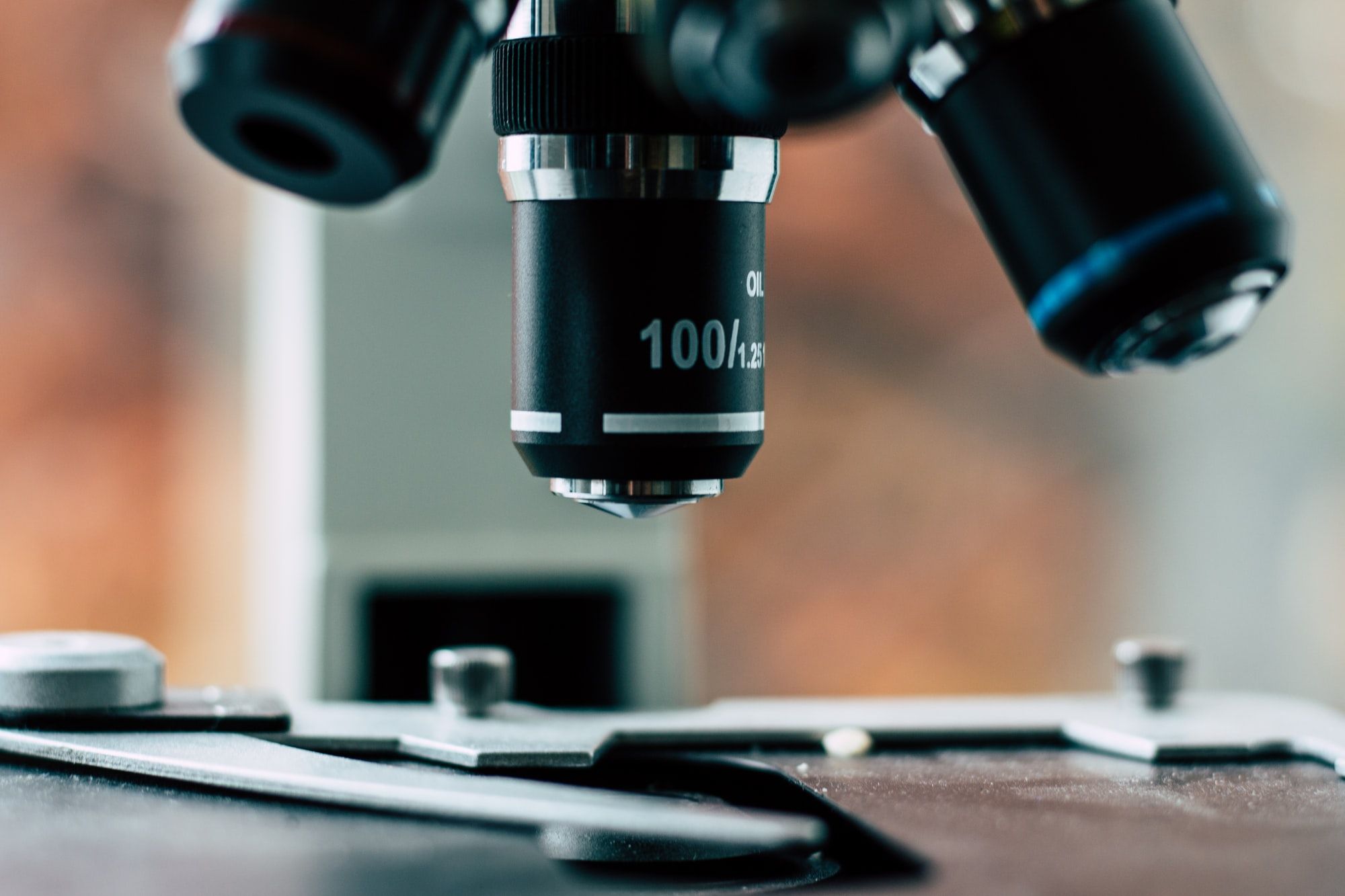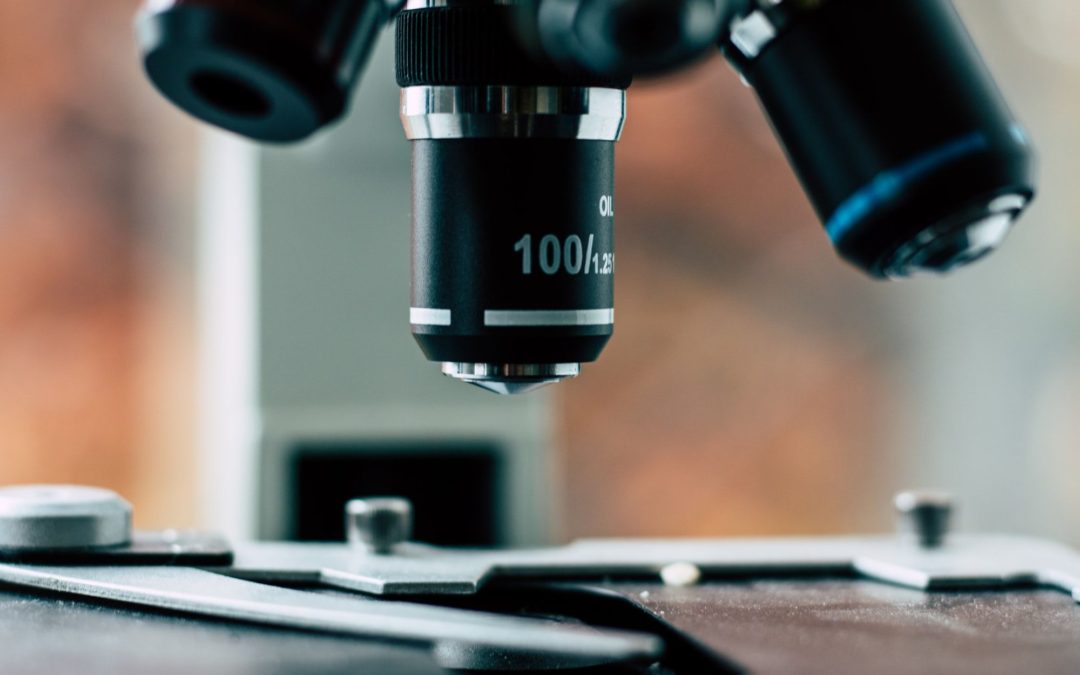
Plastic pollution being a massive problem isn’t news to anyone. Now a newly published paper tells us that hard plastic polymer can be broken down and recycled with near-perfect efficiency.
How? Well, the hard plastic polymer can be manufactured with “break-points” in the molecular carbon chains, which allows them to be chemically recycled with ten times as much efficiency. The polymers used in the study could be made from plant oil rather than fossil fuels.
When heated to 120℃ (248℉) in ethanol or methanol the new plastic construction could be broken down, from complex polymers to separate building blocks, at a salvage rate of 96%. 96% is a massive improvement to methods currently in use. Good News Network wrote, “As opposed to mechanical recycling, melting plastics isn’t cost, or energy, effective for normal polymers like polyethylene or polyester.” To pull apart the hydrocarbon chains found in “regular” plastic, a temperature of 600℃ is required. Even after the molecules return to single units only 10% of the resulting material is usable.
The chemists behind this method are committed to further explore the fact that the introduced break-points in the carbon chains could create a far more biodegradable plastic.





